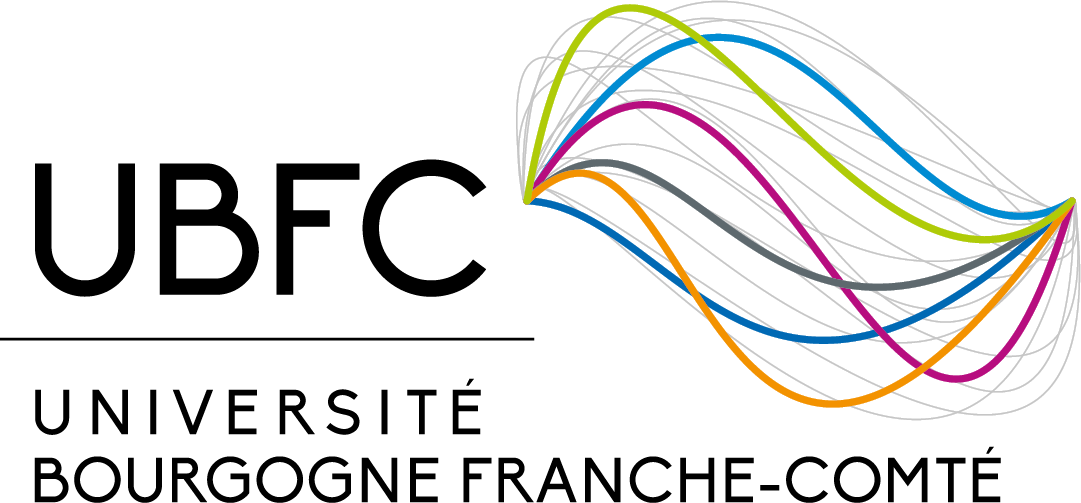Master EMME
Ecology, Monitoring and Management of Ecosystems
Outline of the program
The master in Conservation Biology, specialization Ecology, Monitoring and Management of Ecosystems aims at providing a critical and conceptually-based understanding of structure, functioning, monitoring, and management of ecosystems submitted to various natural and anthropogenic pressures, in the framework of biodiversity conservation. Half of the second year is devoted to a personal master thesis project.
The master is a two-year course. In the first year, the course design is based upon the idea that biodiversity conservation must be based on a multi-level knowledge approach, mixing key disciplines in ecology, and including recent technical advances in numerical ecology, molecular ecology, wildlife monitoring and ecosystem management. The course content is rooted in our established strengths in functional ecology (ecosystem structure and function, population and community ecology), paleoecology (long-term evolution of ecosystems), ecotoxicology (fate and effects of pollutants), epidemiology (transmission of zoonotic pathogens), conservation biology (status and threats of patrimonial animal and plant species), numerical ecology, ecological modelling and research design. The master degree program is further enriched by input from professional conservationists and managers, with the aim to put courses in the broader context of project management and decision making procedures.
Program description
The specific course objectives are to develop abilities to :
Critically engage with concepts and theory in functional ecology from interdisciplinary perspectives at an advanced scientific level,
critically assess the ability of populations and communities to react, cope with and adjust to environmental changes occurring over different spatial and time scales,
appreciate the opportunities offered by new technological developments for the future of research on ecosystem monitoring and management,
combine theory, hypotheses, methods, data and field work to identify and develop innovative applied or fundamental research questions and designs.
Teaching consists of lectures, seminars, class tutorials and practical training in the field and in the laboratory, which provide in-depth exploration of key issues. The teaching philosophy is to stimulate discussion and debate between academic staff and students to identify and explore theory, methods and practices in an academic space that encourages a critical dialogue.
Field courses allow students to apply in the field the methods and ideas presented in the classroom. Each year, they will attend one week-long fieldtrip and several field courses. One of these field courses (in the framework of the teaching unit “Conservation Biology and Ecosystem Management”) allows them to test a hypothesis dealing with the potential impact of anthropogenic disturbances on plant or animal populations or communities, in the context of the various activities taking place in the Jura Mountains, known for their outstanding landscapes, typical ecosystems (e.g. peatbogs, wood-pastures) and patrimonial species (e.g. boreal lynx). Other field courses address the assessment and the management of ecosystems, and the monitoring of plant and animal wildlife.
Students must pass the examinations taken during the first year (i.e. obtain 60 ECTS) in order to proceed without further selection into the second year.
The second year is mainly devoted to the thesis project within a research team or a professional structure (NGOs, consultancy companies, governmental agencies…) with the support of an academic supervisor, specialist of the related research domain. Half of this second year is devoted to researching and writing a thesis of about 12,000 words. The research topic will be devised at the end of the first year. The thesis accounts for half the marks for the second year.
Future career prospects
The aim of the course is to train future scientific leaders in functional ecology, ecotoxicology and epidemiology as well as future managers and policy officers in biodiversity conservation and ecosystem management. In that respect, the course combines functional ecology and conservation biology as two major disciplines with some other relevant topics – paleoecology, ecotoxicology, epidemiology, ethics and deontology, epistemology, environmental regulation and socioeconomics of conservation, structure and management of environmental organizations, in addition to the hard science of biodiversity.
The Master’s Alumni Office helps alumni keep in touch with each other and organises alumni events.
Entry requirements
Examination by the recruitment committee of the Master EMME. After a first examination of all complete files by the recruitment committee, some candidates may be called for an interview with some members of the recruitment committee.
Selection criteria :
- Previous training in line with the Master EMME objectives
- Quality of the training (marks, ranks, distinction)
- Internships and/or professional experiences in line with the Master EMME objectives
- Motivation and career objectives
- Recommendation
General requirements : To meet the general entrance requirements for programme studies at the master’s level, you must have graduated from an accredited university with a degree equivalent to at least a Swedish Bachelor’s degree (180 ECTS). Please note that you must provide adequate supporting documentation in the form of diplomas or official transcripts specifying all courses completed, including any transferred credits from previous schools, both in the original language and translated into English or French.
Specific requirements : Specific entrance requirements consist of previous university studies within the following subjects: biology, ecology, and statistics.
English requirement : In order to be eligible, the English language entry requirement corresponds to English studies at upper secondary (high school) level in France.
Available spots: 16 in M1 and M2
Students already registered in a French university apply online on eCandidat. All information available on http://www.nature-conservation-ubfc.com/emme/en/.
Candidacy file :
- Detailed Curriculum Vitae with personal, training, internship, professional experience, and other information allowing the recruitment committee to assess the quality of the candidacy.
- Evidence of completion of a bachelor’s degree in the form of final and official diploma + transcripts of all 3 years. Note that the transcripts must specify all completed courses.
- Cover letter.
- Two letters of recommendation.
Grants
Up to five fellowship grants (800 € per month, during up to 10 months) will be awarded each year to high quality foreign students.






